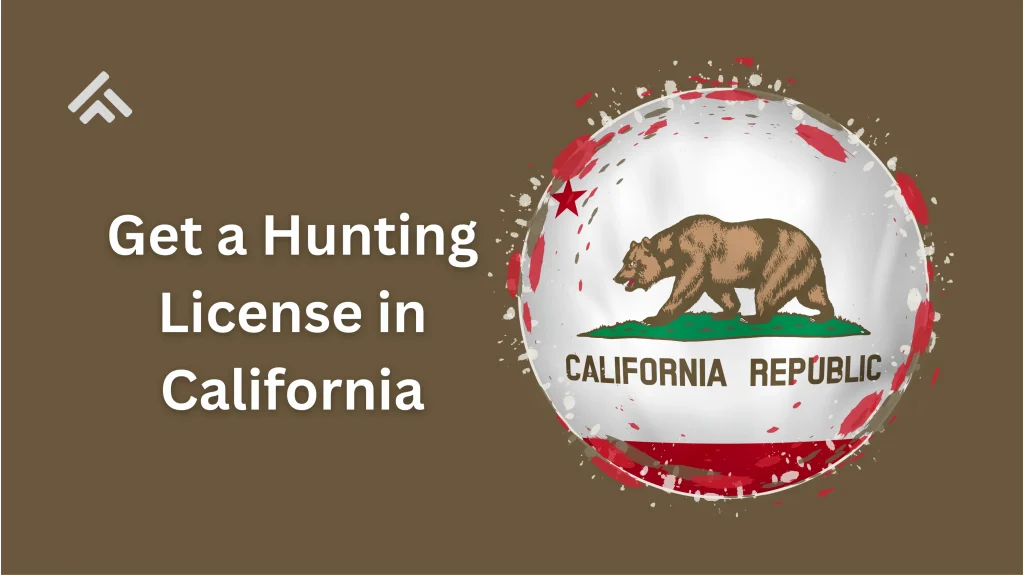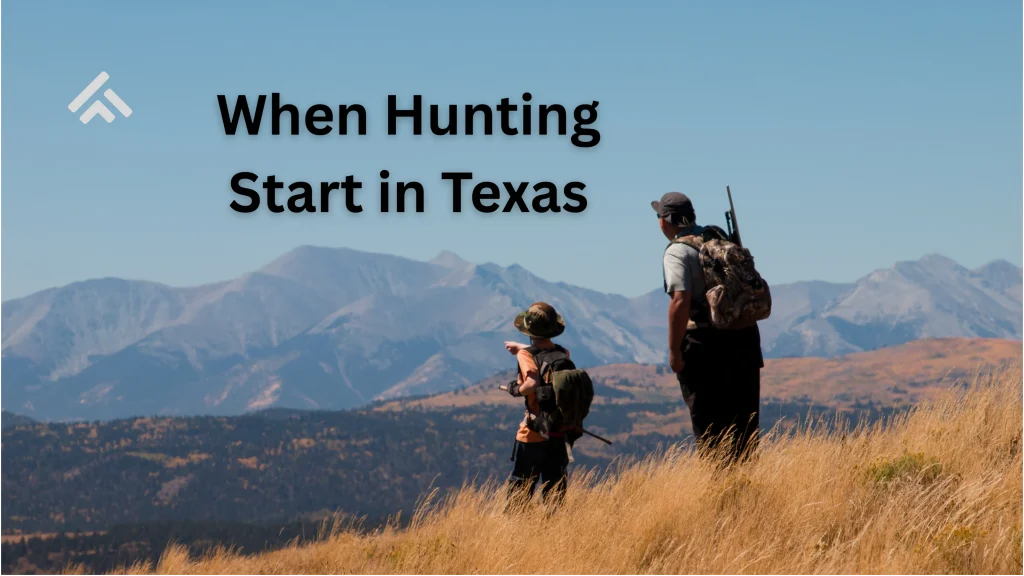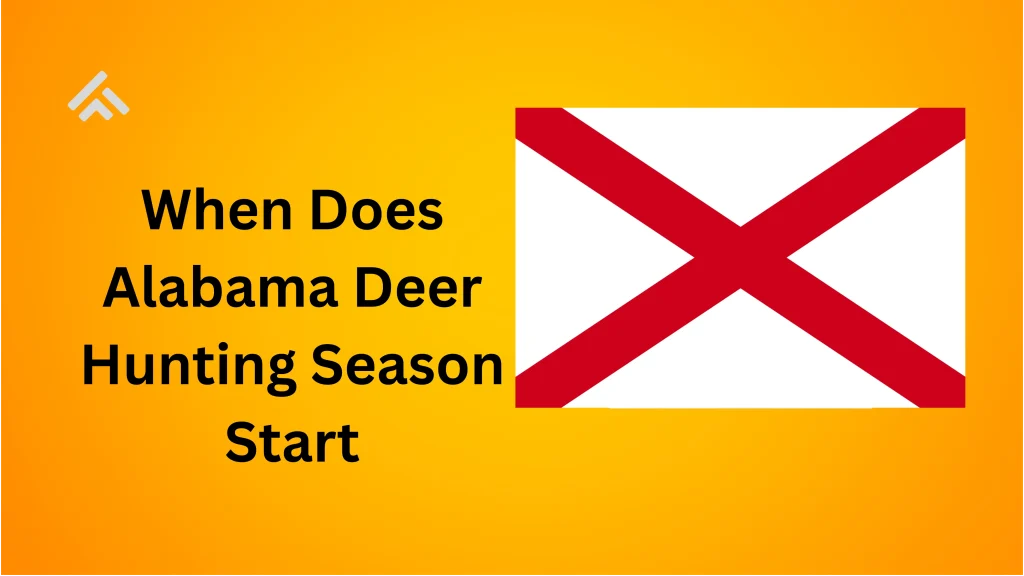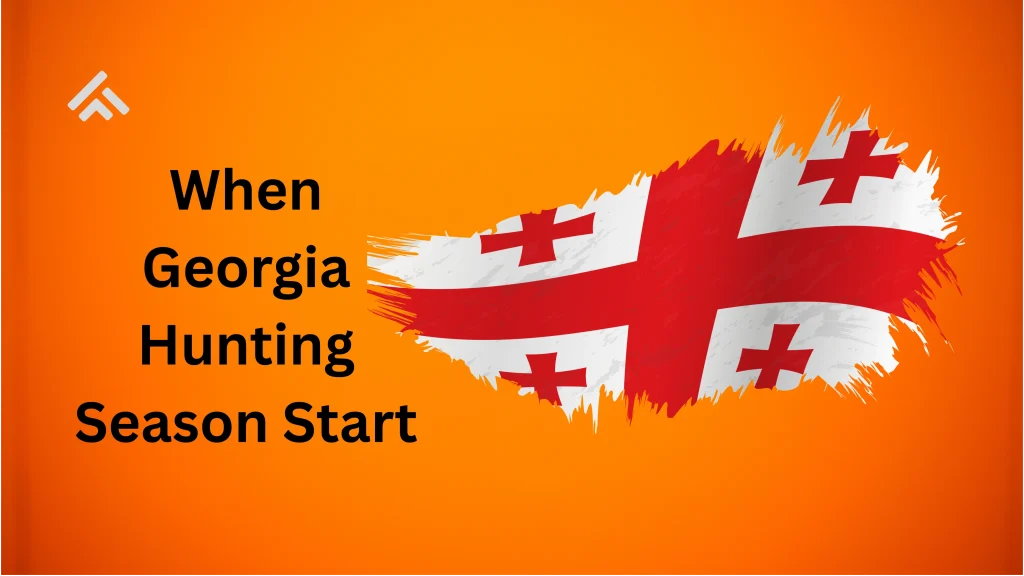Hunting is a popular outdoor activity in California. Many people enjoy it for sport, food, and tradition. The state has different animals you can hunt, like deer, ducks, and wild pigs. California’s forests, mountains, and deserts provide good places for hunting. But hunting comes with rules to keep wildlife safe and balanced.
Having a valid hunting license is very important. It lets you hunt legally and helps protect animals. Without a license, hunting is against the law and can lead to fines or penalties. Getting a hunting license in California involves a few steps.
Table of Contents
Types of Hunting Licenses in California
Resident Hunting License
This license is for California residents who want to hunt inside the state. It allows hunting of many types of animals such as deer, rabbits, and birds. The fee is lower for residents, making it affordable for locals who hunt regularly. It’s important to carry this license while hunting.
Nonresident Hunting License
Nonresidents who visit California for hunting need this license. It covers many animals but often has higher fees. Some types of game may have special restrictions for nonresidents. This license helps control hunting by visitors and supports wildlife conservation efforts.
Special Licenses for Young and Disabled Hunters
Young hunters, usually under 16 or 18, can get a special license after completing safety courses. Wondering about age? Here’s the minimum age to apply for a license. Disabled hunters may receive permits that allow the use of special equipment or access to easier hunting areas. These licenses help make hunting safe and accessible for everyone.
Licenses for Specific Game
Certain animals like waterfowl (ducks and geese) or small game (squirrels, quail) require special licenses in addition to the general hunting license. These help regulate hunting of these species and protect their populations. Hunters must follow specific rules for these licenses.
Apply for a Hunting License
Complete Hunter Education
Most new hunters need to complete a hunter education course before applying. This course covers important safety rules, hunting ethics, and state laws. It can be taken online at your own pace or in a classroom with an instructor. Passing this course is required to ensure safe and responsible hunting.
Gather Required Documents
Before you apply, prepare important documents. If you’re a resident, you’ll need proof like a driver’s license or utility bill. Nonresidents just need valid identification like a passport or driver’s license. Having these ready helps avoid delays when you apply.
Choose How to Apply
You can apply for a hunting license through the CDFW website, which is fast and available 24/7. Alternatively, many sporting goods stores, license agents, and some post offices sell hunting licenses. Applying in person can be helpful if you want advice or have questions.
Select Your License and Any Tags
Decide which hunting license fits your needs—resident, nonresident, or special licenses. You will also need to pick any tags or permits for specific game, such as big game tags for deer or elk. Check current hunting seasons to make sure you choose the right options.
Pay the Fee
Fees vary based on your residency status and license type. You can pay online using a credit or debit card or pay in person with cash, card, or check. Make sure to keep your receipt and confirmation after payment.
Receive Your License
If you apply online, you can print your license right away or save it on your phone. If you buy it from a license agent, they will give you a physical copy immediately. Always carry your hunting license with you when hunting to avoid fines or penalties.
Required Documents and Identification
Proof of Residency
If you are applying for a resident hunting license in California, you must prove you live in the state. Common documents accepted include a California driver’s license, state ID card, utility bills, or a lease agreement. These help confirm your eligibility for the resident rates and privileges.
Valid Photo Identification
All applicants, whether residents or nonresidents, need to show valid photo ID. This can be a driver’s license, passport, or military ID. This ensures the person applying is who they say they are and helps prevent fraud.
Hunter Education Certification
Most new hunters must provide proof that they completed a hunter education course. This can be a certificate or an online course completion confirmation. Some exceptions apply for certain age groups or experienced hunters.
Additional Documents for Special Licenses
If you apply for special licenses, like those for disabled hunters or youth, you may need extra documents. For example, a doctor’s note or proof of age might be required. Check the California Department of Fish and Wildlife’s website for specific rules.
Fees and Costs Associated with the License
Fees for Resident Hunting Licenses
California residents pay lower fees for hunting licenses compared to nonresidents. For example, a regular annual hunting license costs about $63. There are also reduced fees for youth under 16, around $16, and special rates for disabled veterans, which range from about $10 to $11 depending on where you buy the license. These fees help support local wildlife programs.
Fees for Nonresident Hunting Licenses
Nonresidents pay higher fees to hunt in California. An annual nonresident hunting license costs roughly $220. There are also short-term options like one-day licenses for about $30 and two-day licenses for about $63. These fees cover the costs of managing hunting activities for visitors from other states.
Costs for Big Game Tags and Special Permits
Hunting big game such as deer or elk requires additional tags or permits. For residents, a deer tag costs around $41, while nonresidents pay closer to $370. Elk tags are more expensive, with resident tags costing about $595 and nonresident tags going up to nearly $1,826. Some tags may be available only through a drawing or lottery system. These fees contribute to conservation and species management.
Special Tags and Permits
Special tags and permits are needed when you want to hunt certain animals in California, like deer, elk, bear, or bighorn sheep. These are different from your regular hunting license. You cannot hunt these animals without getting the right tag first. These tags help manage the number of animals taken each year.
Many of these tags are limited and not given to everyone. To get one, you usually have to apply for a drawing or lottery. The California Department of Fish and Wildlife runs this system. If your name is selected, you can buy the tag. Some tags, like wild pig or bear tags, are easier to get and sold until they run out.
The cost of these tags can be high, especially for big game. A deer tag for residents costs around $41, while an elk tag can cost over $500. Nonresidents pay more. These fees support wildlife programs and land conservation.
Each tag is good for only one season and one animal. You must follow all rules listed on the tag. If you hunt without a tag or break the rules, you may face fines or lose your license. Always check the latest guidelines before you apply.
Conclusion
Getting a hunting license in California is not hard if you follow the steps. First, you need to complete the hunter education course. Then, gather your documents and choose the license that fits your needs. You can apply online, in person, or by mail.
Make sure you pay the correct fees and get any special tags if needed. Always follow the hunting rules to stay safe and legal. Having a valid license helps protect wildlife and supports conservation. Take your time, plan ahead, and enjoy a safe hunting experience in California.



